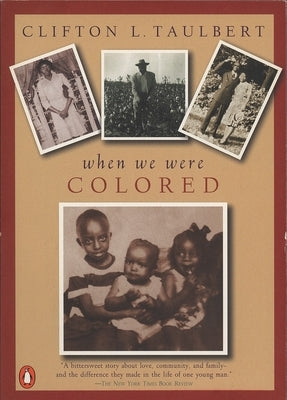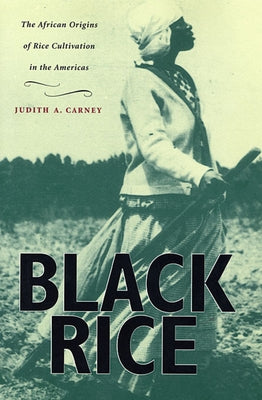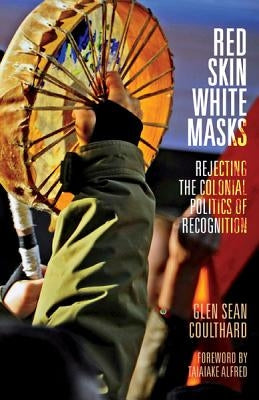Sale 10% Off Your First Order
Sale 10% Off Your First Order
Movies & TV
Toys & Collectibles
- Home
- Reframing Randolph: Labor, Black Freedom, and the Legacies of A. Philip Randolph
Description
At
one time, Asa Philip Randolph (1889-1979) was a household name. As president of
the all-black Brotherhood of Sleeping Car Porters (BSCP), he was an embodiment
of America's multifaceted radical tradition, a leading spokesman for Black
America, and a potent symbol of trade unionism and civil rights agitation for
nearly half a century. But with the dissolution of the BSCP in the 1970s, the
assaults waged against organized labor in the 1980s, and the overall silencing
of labor history in U.S. popular discourse, he has been largely forgotten among
large segments of the general public before whom he once loomed so large.
Historians, however, have not only continued to focus on Randolph himself, but
his role (either direct, or via his legacy) in a wide range of social,
political, cultural, and even religious milieu and movements.
the wall to reexamine and reframe it, allowing scholars to regard him in new,
and often competing, lights. This collection of essays gathers, for the very
first time, many genres of perspectives on Randolph. Featuring both established
and emergent intellectual voices, this project seeks to avoid both hagiography
and blanket condemnation alike. The contributors represent the diverse ways
that historians have approached the importance of his long and complex career
in the main political, social, and cultural currents of twentieth-century
African American specifically, and twentieth-century U.S. history overall. The
central goal of Reframing Randolph is
to achieve a combination of synthetic and critical reappraisal.
About the Author
Kersten, Andrew E.: - Andrew Kersten is Dean of the College of Letters, Arts, and Social Sciences at the University of Idaho.Lang, Clarence: - Clarence Lang is Associate Professor of African & African American Studies, and American Studies, at the University of Kansas. He is the author of Grassroots at the Gateway: Class Politics and Black Freedom Struggle in St. Louis, 1936-75.
Related Products
You May Also Like
-
-
$10.99 $14.95
-
$17.99 $24.00
-
$13.99 $18.95
-
$12.99 $16.95
Recently Viewed Products
Related Products
Recently viewed products
Shopping cart
close
-
WHAT ARE YOU LOOKING FOR?Search
- Home
- Movies & TV
- Music
- Toys & Collectibles
- Video Games
- Books
- Electronics
- About us
- Castle Chronicles
- Contact us
- Login / Register














